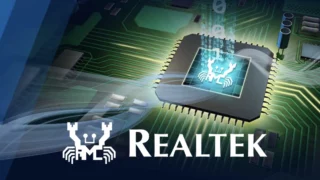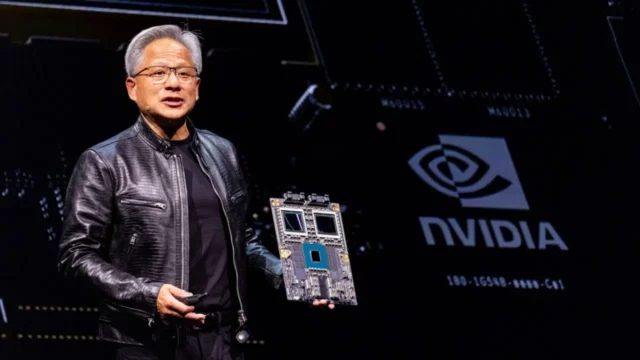A new study conducted in China may herald a radical change in the treatment of depression. Scientists have eliminated depression-like symptoms by transplanting dopamine neurons derived from stem cells into mice. This development suggests the possibility of a treatment that directly repairs nerve cells, potentially replacing antidepressant medications in the future.
Antidepressants could become a thing of the past
In a joint study conducted by the Chinese Academy of Sciences and UniXell Biotechnology, a special type of neuron called “A10” that produces dopamine was grown in a laboratory setting. These neurons are located in the brain’s reward and motivation center.

The function of these cells is impaired in disorders such as depression, schizophrenia, and addiction. By applying a special chemical mixture to pluripotent stem cells, researchers were able to create neurons with the same molecular and electrical properties as natural A10 cells.
These neurons were transplanted into mice that had lost the ability to experience pleasure and exhibited symptoms of depression due to constant stress. Following the transplant, the mice experienced a significant improvement in their mood.
The new cells seamlessly integrated into the mice’s brain structures and reactivated damaged dopamine circuits. This reduced anxiety and helplessness in the animals and restored pleasure and motivation.
This method has the potential to minimize the side effects of traditional antidepressants because it directly targets damaged neural circuits. While traditional antidepressants cause a general shift in brain chemistry, stem cell transplants only repair damaged dopamine circuits.
The results of this study suggest that cell-based therapies may one day offer lasting solutions to the most persistent symptoms of depression, such as anhedonia (lack of pleasure).
It is not yet known whether these tests, currently conducted only in mice, will yield the same results in humans. However, this research provides strong evidence that stem cell-based therapies can be used not only for physical illnesses but also for psychiatric disorders.













